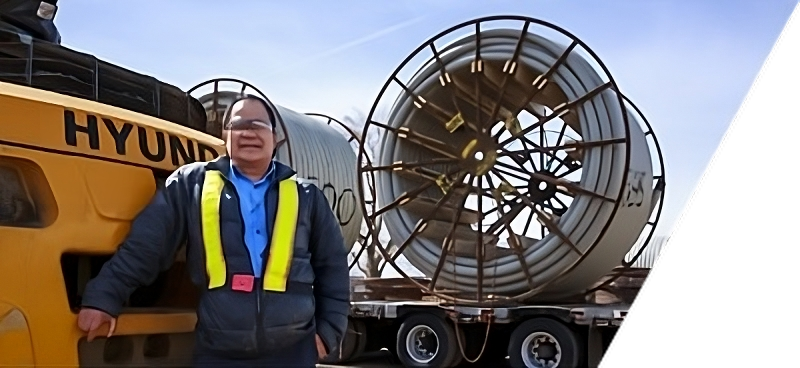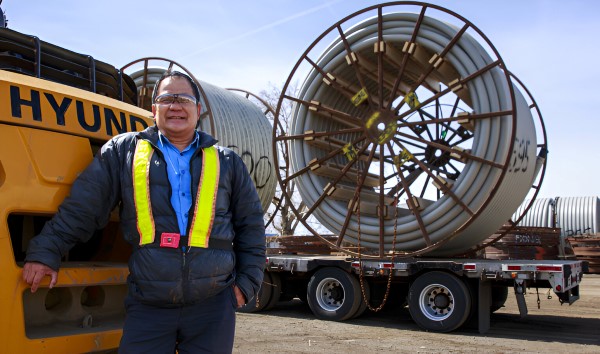Stanley, North Dakota
Twin Lines in the Bakken Play

Project Scope:
Installation of an oil gathering system in the Bakken
Length:
80 miles of twin 4” lines
Location:
Near Stanley, North Dakota
Year:
2008
Application:
Oil
Pipe:
4” FP601

Reduced Installation Costs
- Overall installation costs were cheaper using Flexpipe than
installing 6” steel. Twin 4” pipelines are plowed in one pass;
6” steel requires more equipment and can take up to 2 to 3
times longer.
Operational Flexibility
- Twin 4” lines offered flexibility in operating:
- Run one until two are required,
- Shut down one line at a time to tie in additional lines, allowing 50% production
- Flexpipe’s custom T-fittings allow for flexibility in the design of gathering systems
Minimize Land Costs
- The installation of Flexpipe requires a smaller ROW saving on overall project costs
Better Flow Characteristics
- Paraffin takes longer to build up in a Flexpipe application as compared to steel
- Smoother flow characteristics reduce pressure drops saving the client on the on-going maintenance costs of rotating equipment
Reduce Land Owner Concerns
- Twin lines of 4” Flexpipe were plowed together minimizing ground disturbance
- Trenching 6” steel requires disturbance of both the top and sub soil increasing excavation area and requiring additional manpower and equipment
In 2008, a Wyoming based midstream company began planning a 40 mile pipeline project near Stanley, North Dakota.
In recent years, the company has become very active in the area operating thousands of miles of pipeline systems in western North Dakota, eastern Montana and Wyoming.
These pipeline systems were for large E&P clients such as EOG resources and Hunt Oil. After a detailed evaluation of installation economics, life-cycle costs and land-owner concerns for the 40 mile oil gathering system, the midstream company opted to install dual lines of 4” Flexpipe. Flexpipe completed the project within the client’s schedule and budget. Since this initial project, the company has installed over 100 miles of Flexpipe and continues to see savings over both traditional steel and other composite pipeline technology.


